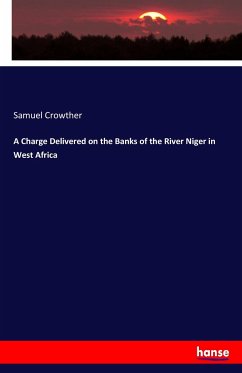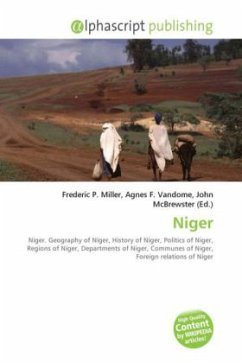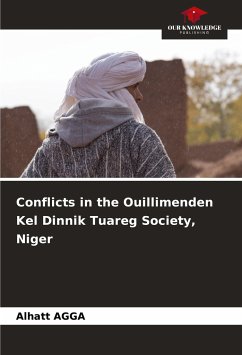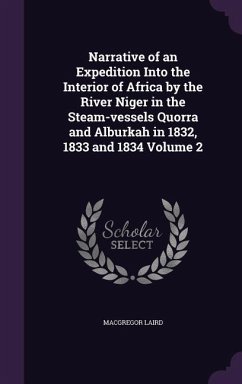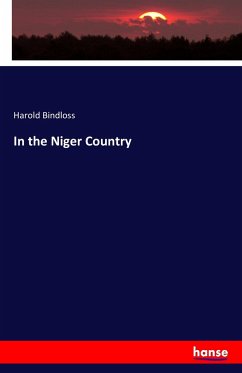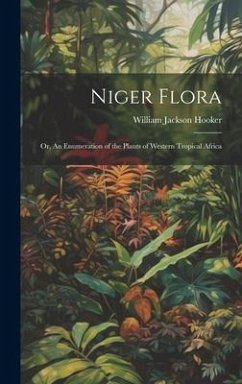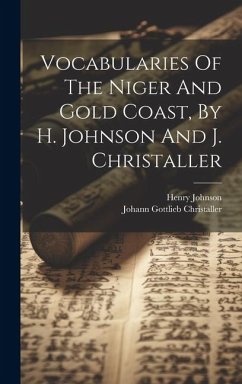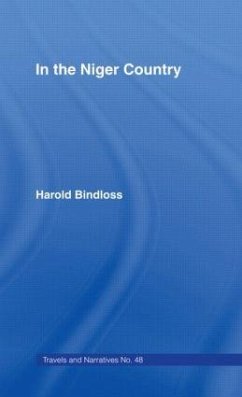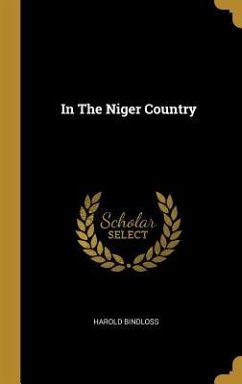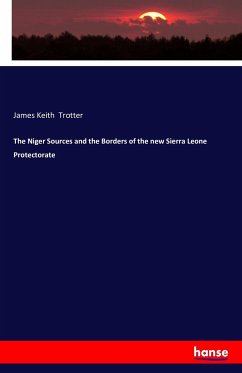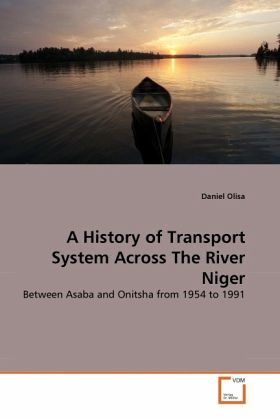
A History of Transport System Across The River Niger
Between Asaba and Onitsha from 1954 to 1991
Versandkostenfrei!
Versandfertig in 6-10 Tagen
52,99 €
inkl. MwSt.

PAYBACK Punkte
26 °P sammeln!
The Book explores the pre-colonial and post-colonial transport systems in the lower river Niger which involves the use of dug out canoes and ferries and Pontoon introduced by the British to carry goods, passengers and vehicles from Onitsha on the east to Asaba on the west. On attainment of independence in 1960 and due to increase in economic activities in terms of expansion in trade, there was a need to build a bridge. The Niger Bridge was built in 1965 based on the Second National Development Plan of 1962-1968. The building of the bridge was made possible by the coalition government of Northe...
The Book explores the pre-colonial and post-colonial transport systems in the lower river Niger which involves the use of dug out canoes and ferries and Pontoon introduced by the British to carry goods, passengers and vehicles from Onitsha on the east to Asaba on the west. On attainment of independence in 1960 and due to increase in economic activities in terms of expansion in trade, there was a need to build a bridge. The Niger Bridge was built in 1965 based on the Second National Development Plan of 1962-1968. The building of the bridge was made possible by the coalition government of Northern Peoples Congress and National Congress of Nigeria Citizens under Tafawa Belawa's Government. Employing the concept of political economy,the book argues that the creation of Midwest state in 1963 was a precursor to the construction of the bridge in 1965 meant to connect the eastern and western regions. The building of the bridge reduces the briskness of activities on the water front and removes all the hassles connected with crossing the Niger but improves the transport systems between the two towns and the two regions which facilitated trade contacts and other economic activities.



